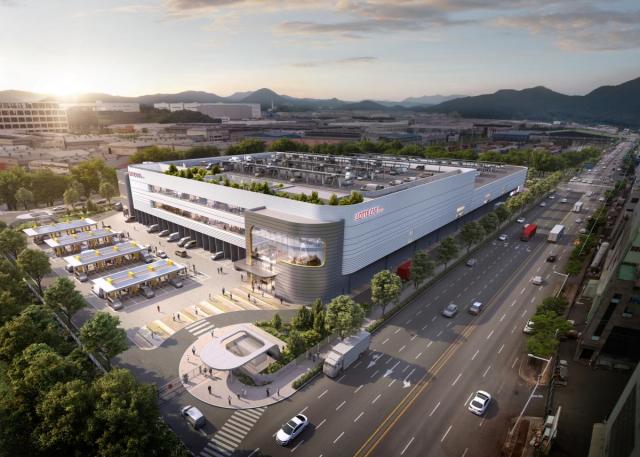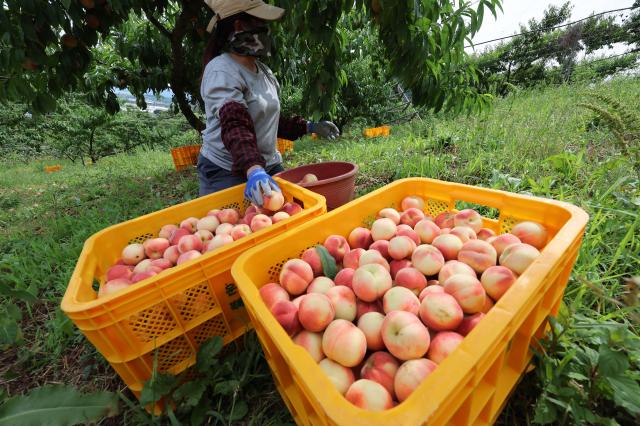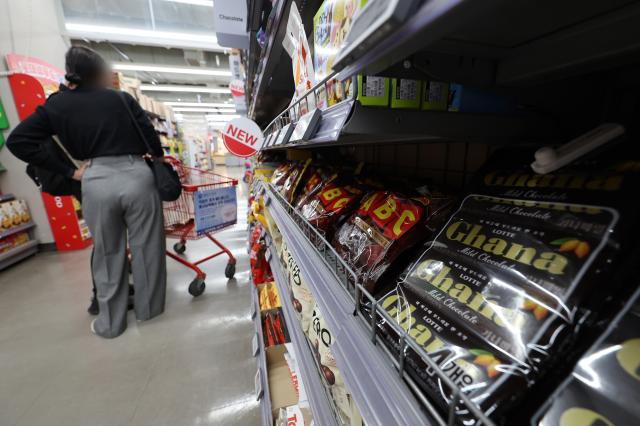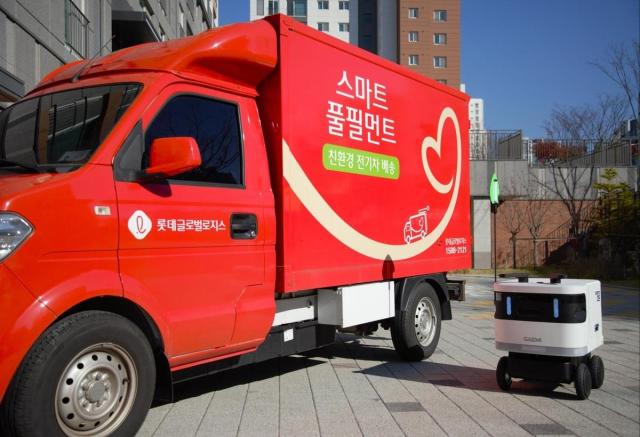
South Korea's online grocery and fresh goods delivery market is dominated by Coupang, the South Korean counterpart of Amazon, with a market share of about 25 percent. Consumers became familiar with fresh grocery delivery services during the COVID-19 pandemic when they could not go to supermarkets to shop. South Korean retailer startups including Coupang and Market Kurly offer overnight delivery services in which customers can make orders and have their items delivered to their doorsteps by the next morning.
While ecommerce startups pioneered the fresh goods delivery service market, retail giants such as Lotte, and Shinsegae followed. Mega-store operators Shinsegae and Homeplus used their offline stores as local logistics centers capable of managing a cold chain, a delivery system capable of having goods refrigerated throughout the delivery process, and offered instant deliveries that only takes hours.
In a bid to check its retail rivals, Lotte On, the ecommerce wing of Lotte Shopping, revealed plans in 2021 to kick-start a nationwide service that provides quick deliveries of groceries within two hours of online orders. However, Lotte's instant delivery service did not garner much popularity as other services did.
"After the construction of a consumer fulfillment center (CFC) in Busan, we will build six more across South Korea to become a gamechanger in the domestic online grocery delivery market," Lotte CEO Shin Dong-bin told reporters during a press event held in Busan on December 5. Lotte revealed a blueprint starting with the construction of a CFC in Busan. A total of one trillion won will be injected by 2030 to achieve online sales of five trillion won in 2032.
The Busan CFC with an area of 42,000 square meters, about the size of nine football fields, will be an automated logistics center where every process including demand prediction, inventory management, product selection, and distribution will be carried out autonomously using artificial intelligence. The CFC will manage some 45,000 kinds of products and manage 30,000 deliveries per day.
According to Lotte, the second CFC will be built in the Seoul metropolitan area to provide differentiated shopping experiences for customers. All vehicles used in the CFC will be electric to reduce carbon emissions. Solar panels will be installed on the rooftop to generate a total of 2,000 megawatts of electricity annually.




